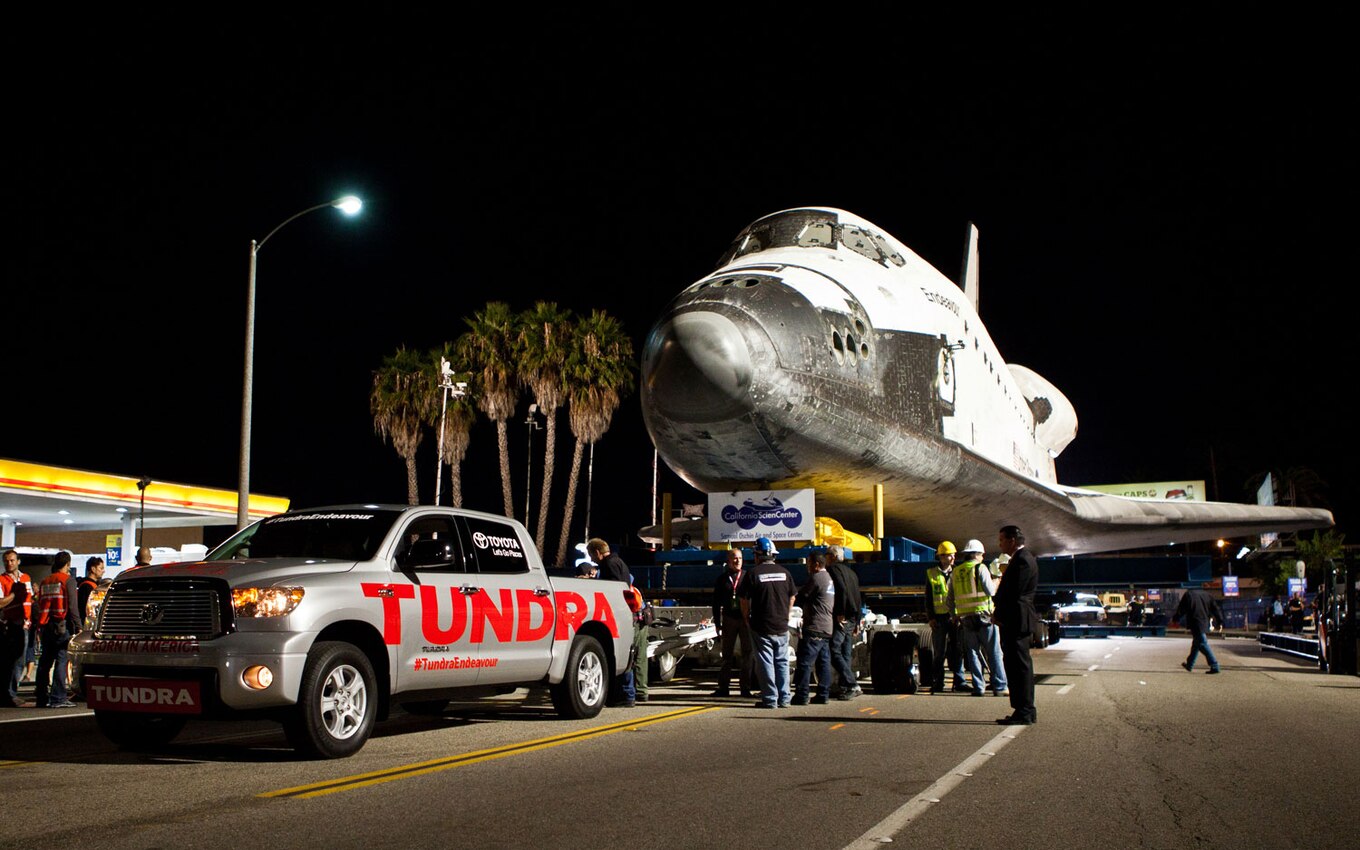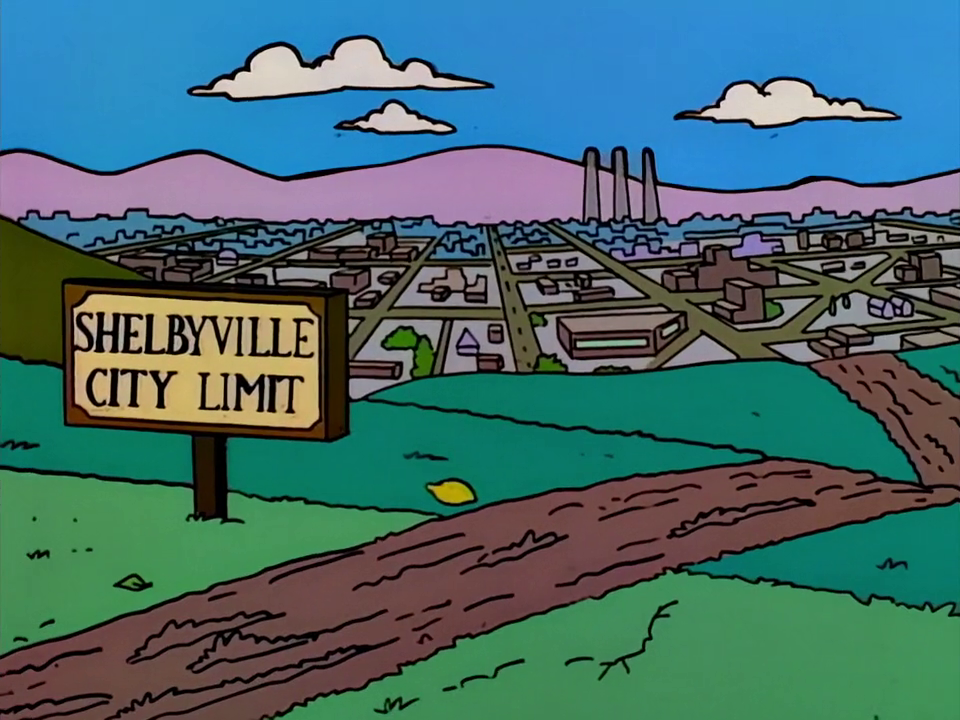Brand Awareness
Brand-building is a full-time pursuit of marketers, and major sports teams can create or enhance brand awareness. Whenever a game is played, it’s almost unavoidable for cameras to pick up shots of the stadium and for sportscasters to at least mention the facility in passing. Additional mentions can occur when any team news breaks. This intense media attention might be of particular value to companies trying to get in the public consciousness. Therefore, rights have been sold for the Gaylord Entertainment Center, Great American Ballpark (Great American Insurance) and Petco Park, among others.
Fan Loyalty
Corporate marketers strive to achieve an emotional connection with target audiences. When deciding to buy naming rights, they want fans’ warm feelings toward the home team to rub off on their corporate or brand names. For instance, Wrigley Stadium became a beloved institution to Chicagoans while Busch Stadium achieved the same result in St. Louis. While these facilities were actually named after corporate founders, both individuals shared their names with their companies.
Free Advertising
The average cost per 30-second national television commercial during Super Bowl XLVII in 2013 was a breathtaking $3.8 million, but there was no charge whenever the game location was mentioned. That was good news for one car company, since it took place at the Mercedes-Benz Superdome in New Orleans. The 2013 NBA finals achieved that same level of attention for sponsoring corporations, with championship games hosted by the Chesapeake Energy Arena (Oklahoma City Thunder) and American Airlines Arena (Miami Heat). For that matter, all important seasonal games and playoff contests in all four major team sports garner valuable unpaid ad time with every facility mention.
Staying Relevant
In the competitive marketplace, maintaining relevance and visibility is a brand’s #1 priority. Often, naming rights is not necessarily about increasing ROI, but reminding consumers that a brand exists, which can translate into brand preference when considering what product to purchase.


